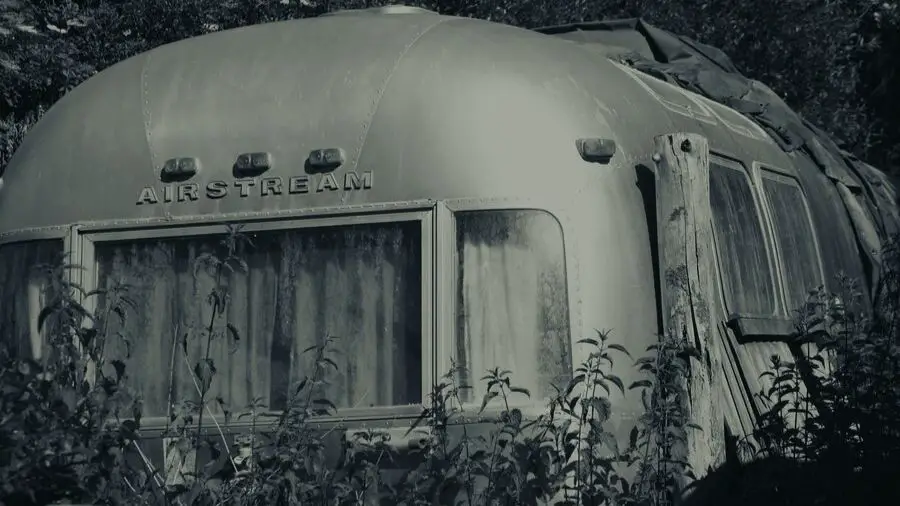The first question asked about a motorhome is how many miles it has on the vehicle. Typically, 100,000 miles or greater on a motorhome is considered high. High mileage may differ depending on a motorhome’s class and what engine type it uses (gas or diesel).
Diesel engines are more fuel-efficient and have a longer lifespan as compared to gas motors. By design diesel fuel lubricates an engine, while gasoline washes the engine walls with detergents. This causes the breakdown of a gasoline engine to come faster than a diesel engine. A super C motorhome with a commercial diesel engine can go up to a million miles if properly maintained.
However, the engine is only one measure of a motorhome’s wear. Other factors such as care and maintenance of the frame and structure as well as the internal cabin of the motorhome are also important factors in the age. Let’s first look at the possible effects of high mileage on a motorhome, then compare motorhomes with a diesel and gas engine, and finally assess if you should buy a used motorhome with high mileage.
What Does High Mileage Mean For A Motorhome?
High mileage indicates that the motorhome has been used frequently and may not have much life span left. A gasoline motorhome that is driven for more than 200,000 miles may not provide good value. A diesel, moreover, may just recently be broken in. High mileage may differ depending on the type of motorhome class and whether it has been well maintained or not.
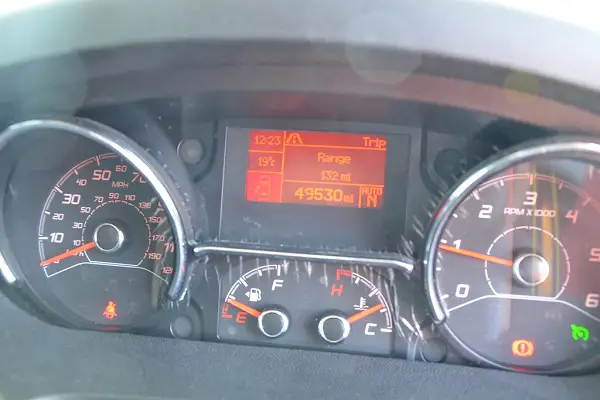
Class A and Super Cs are built on commercial diesel chassis designed to last much longer than their gasoline counterparts. The age of the motorhome is also a consideration. A diesel motorhome that is 20 years old but has 300,000 miles one would expect that to be about right for one that has had regular use.
High Mileage In Different Motorhome Classes
Different motorhome classes may have different high mileage. This depends on the engine type as well as the size and weight of a motorhome.
Class A Motorhomes
Class A motorhomes are available in both diesel and gasoline engines. For a class A motorhome built on a robust chassis with a diesel engine, a few hundred thousand miles are not considered high as the diesel engine is built to last a lifetime.
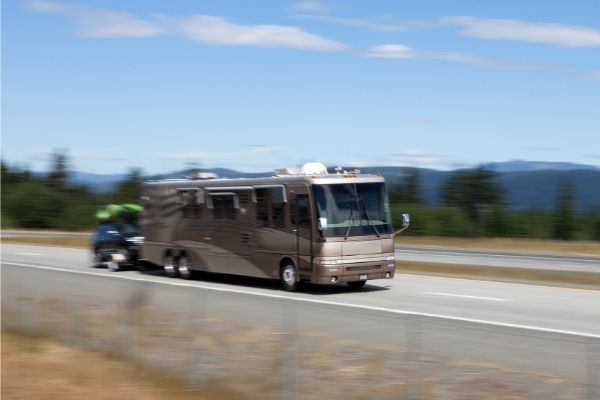
Diesel pushers with the diesel engine in the back can last more than thirty years if maintained properly. However, a Class A with a gasoline engine with 100,000 miles, maybe on that is closer to an engine rebuild or replacement.
Class B Motorhomes
Class B motorhomes built on a commercial class 3 chassis are also available in both diesel and gas variants. Many popular class B motorhomes such as the Winnebago Revel use a 3L turbo diesel engine that can easily last north of 300,000 miles or several decades with proper care. The gasoline counterpart may never see 300,000 miles.
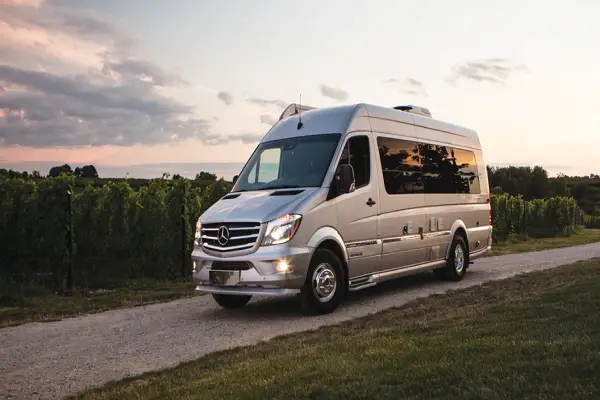
Class C Motorhomes
A class C motorhome is also available in both gas-powered and diesel-powered variants. On average, 200,000 miles are considered high in a gas-powered class C motorhome, however, they are considered mid-use in a diesel-powered class C motorhome as it can easily last up to a million miles. This is because Class C motorhomes are relatively lighter and built on a Sprinter chassis that has a longer lifespan. Similarly, a motorhome’s life also depends on what purpose it is used for.
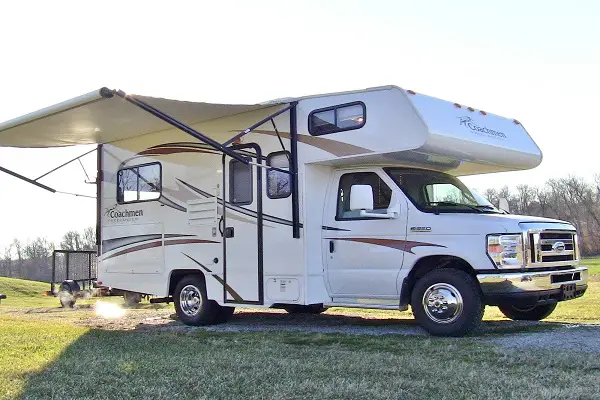
Super Class C Motorhomes
Super C motorhomes are built on a heavy-duty chassis that is meant to be driven many miles as it is the same chassis that many semis deliver goods all over the country. If you are not familiar with what a super C is, check out this article on Super Cs.
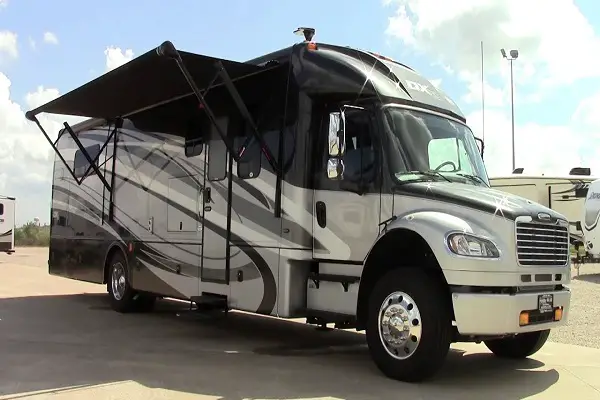
These only come in diesel as chassis have a proven record for longevity and have been proven to be a workhorse for commercial use. The designs of these commercial engines and transmissions are designed to be able to be taken apart and rebuilt expecting that these engines would put on many miles in their everyday use.
Diesel VS. Gas Engines: Which Is Better?
The debate between diesel and gas engines is a heated one. Diesel and gas engines both have their pros, but diesel engines clearly come out at the top when we talk about high mileage in motorhomes. To begin with, gas engines use spark plugs to ignite the fuel.
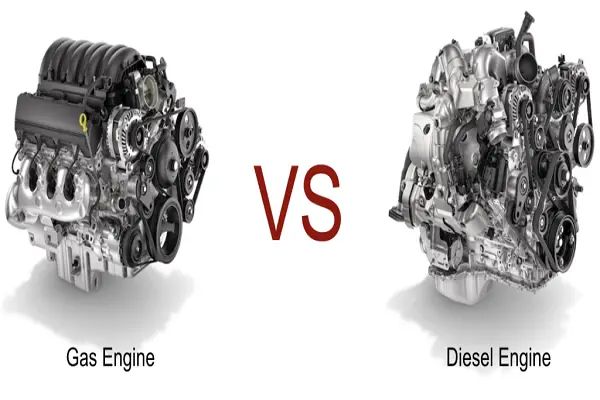
On the other hand, diesel engines use internal combustion to achieve the same Diesel engines also have greater capacity, providing more space for the oil to flow in. This leads to less wear and tear and a greater overall life. Also, diesel engines have a lower rotation per minute (Rpm) than gas engines, making them a better choice for the long term.
Diesel is also denser than gas and therefore provides a better torque which many highway and mountain drivers find useful. Diesel engines also offer better fuel economy and fewer refill stops as diesel has more energy per gallon than gas. Motorhomes with diesel engines typically have a higher resale value than their gas counterparts as knowledge buyers know that the diesel engine will have a much longer lifespan than the gasoline engine.
Diesel is also generally cheaper than gas as it is less volatile making it a popular choice among cost-conscious consumers. Of course, engines are not the only thing that plays a role in determining what a high mileage is. Maintenance is equally important.
Does Maintenance Play A Role In Extending Motorhome Life?
Maintenance is essential when it comes to high-mileage motorhomes. A well-maintained motorhome with high mileage may have more useable life than one that a neglected rig with low mileage.
Regular oil and filter checks, frequent tire inspections, roof and transmission examinations, and battery maintenance can extend the motorhome’s life. As well as the ongoing tightening of screws and bolts to keep everything running smoothly. Lubricating cabin areas with metal such as the sliding doors, steps, and hitch can keep these parts brand new.
Similarly, checking for rust, aging paint, clogged pipes, and loose parts is also important to keep the motorhome healthy from the inside. Other considerations may be how the motorhome was stored when it was not in use? Was it protected from the elements in a heated storage area? Or was it left out in the sun?
High mileage in a motorhome also indicates that it has been up and running. This is considered better than a motorhome which is gathering dust in the backyard. So, should you go for a motorhome with high mileage?
Should I Buy Motorhome With High Mileage?
New motorhomes are expensive! Used motorhomes are an attractive choice for many interested buyers. You can purchase a motorhome with high mileage if it’s been properly maintained and appropriately used and stored to ensure a longer usable lifespan.
Many potential Rvers get discouraged when they hear about high mileage on a motorhome. However, a few other factors are also important to consider. Here are some additional questions to ask to determine whether the motorhome in question warrants further investigation.
- When were the tires last replaced?
- Does the engine used is diesel or gas?
- How the motorhome was used (rough terrain vs. city roads)?
- Does the Owner have regular maintenance records?
- Have there been regular oil changes?
- How was the motorhome stored when not in use?
What Are The Most Reliable Motorhomes?
Choosing the most reliable motorhome with high mileage may sound like a difficult task for many. Winnebago, Airstream, Monaco, Nexus RV, Entegra, and Tiffin are some brands that are known for their reliable motorhomes. Newman and Renegade RV are known for producing some of the most durable Super C motorhomes.
Quality materials, chassis type, engine strength, and interior space are some factors that can determine a motorhome’s reliability. For example, if you are eyeing a class B motorhome, going with a Leisure Van Serenity may be a good option. With a Mercedes base chassis, comfortable interior, and a diesel engine, it can offer you a fantastic experience even with high mileage.
Which Motorhomes Last The Longest?
Different motorhomes have different high mileage depending on their engine type, relative size, and usage. Typically, Class A and Super C motorhomes, built on heavy-duty, commercial-grade chassis and using PACCAR engines last the longest. Peterbilt, Leyland, Kenwood, and DAF are popular manufacturers that use PACCAR engines and chassis.
Motorhomes that use the Kenwood T410 and T360 use the PACCAR MX-13 engine, which can easily last up to a million miles should be considered. Many motorhomes tend to last long, even with high mileage, given they are properly maintained and ideally had only one or two owners.
Motorhomes built on commercial chassis and using commercial-grade diesel engines may last longer. Many class A, B, and C motorhomes are built to last. These include top brands such as Airstream and Monaco. Coachmen’s Prism and Hymer’s Excise are prime examples of motorhomes with longevity.
Is It OK To Buy A 20-Year-Old Motorhome?
Typically, buying a motorhome that is 20-year-old is not suggested. The problem is not with the miles traveled, as high mileage is only one factor. The primary reason for not going after a 20-year-old motorhome is that it is probably outdated. This is true technologically as the motorhome may have archaic temperature control and transmission system.
It is also not preferred because the mechanics may also be outdated, including the sewage and drainage components. Searching for spare parts may be an issue too. Some people tend to make a decent profit flipping motorhomes. The trick is to find a used motorhome that is not in terrible condition, fix it up and renovate it and then sell it for a profit.
So, if you come across a 20-year-old motorhome with decent mileage, appropriate usage, and regular maintenance, you may have a bargain. It is always better to get the motorhome inspected by a professional mechanic. If he gives, the go-ahead and your gut say yes, you can buy a 20-year-old motorhome if it’s well kept.



